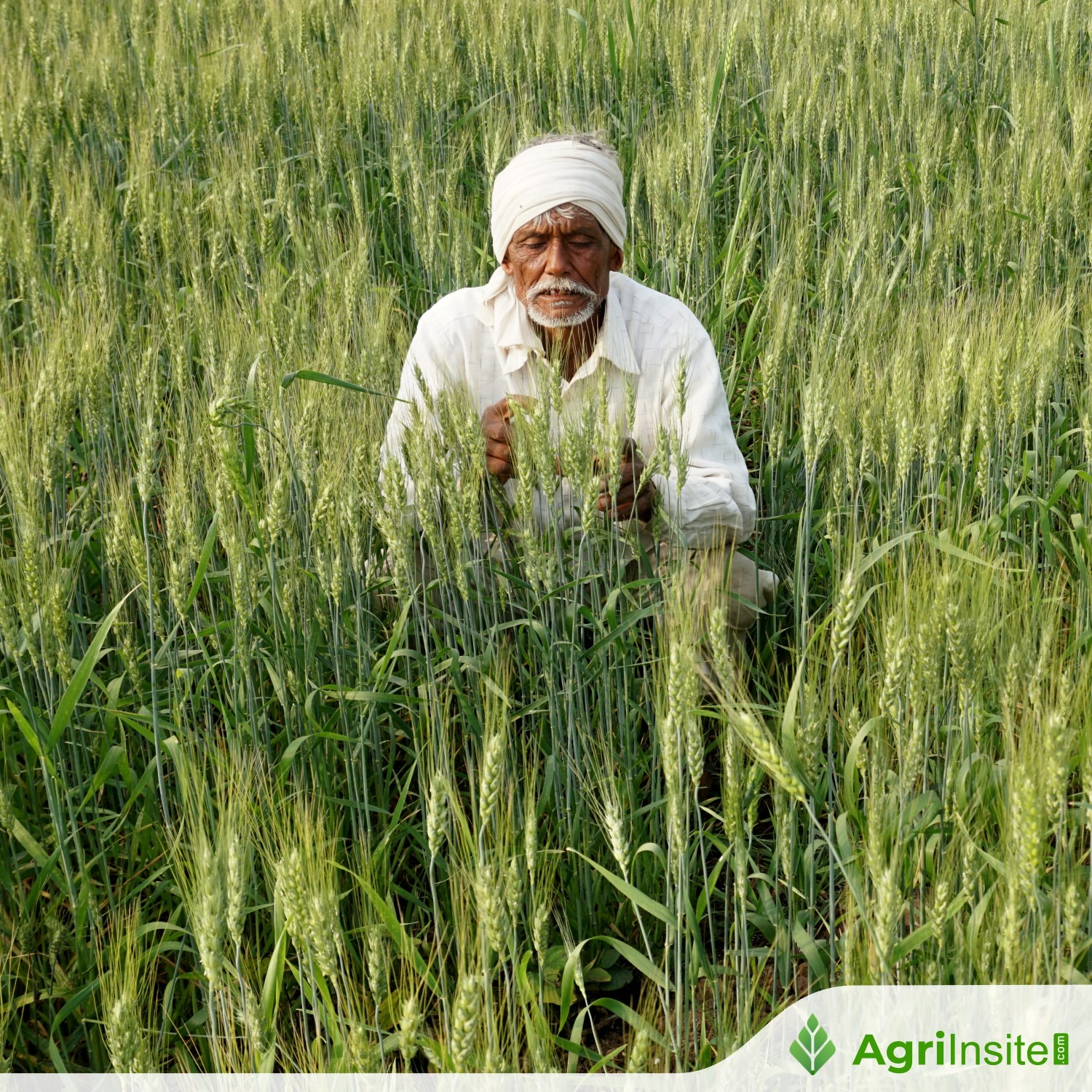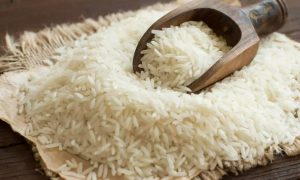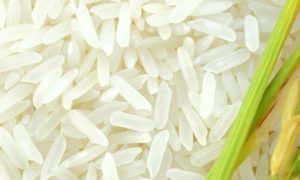India’s rice procurement drops by a half during October 1-15

The decline in rice procurement, with a 48% drop compared to last year, raises concerns about food security. Storage issues in Punjab and protests from commission agents complicate the situation. While overall food grain stock has increased, regional disparities in procurement highlight the need for effective government strategies. Addressing these challenges is crucial for supporting farmers and stabilizing the market.
Amid a cut in the target of rice procurement this year, the official purchases have been hit by commission agents’ protests and lack of storage space in Punjab. As result, the Centre has bought only 20.7 lakh tonnes (lt) of the cereal in the first 15 days of the season that started October 1, which is 48 per cent lower from 39.4 lt purchased in the year-ago period. Last year, rice procurement started with a bang in the first fortnight as paddy harvest began earlier than normal with 6 per cent growth in purchases. The government has set a target to buy 485.11 lt of rice from the kharif-grown crop in 2024-25 marketing season (October-September), whereas the target was 521.27 lt for 2023-24. The total rice procurement was 525.37 lt from both kharif and rabi crops in 2023-24 and 569.4 lt in 2022-23.
Procurement in Haryana began from September 27 and in Tamil Nadu from September 1, while it commenced from October 1 in Punjab and western Uttar Pradesh. Though the purchase in eastern Uttar Pradesh has commenced, there is hardly any arrival there as the crop is harvested in November in the region.
Targets in Punjab, Haryana
Punjab, which has been the top rice contributor to the Central Pool stock, has purchased 5.44 lt until October 15, which is 64 per cent down from over 15 lt a year ago and Haryana got 12.9 lt, which is 42 per cent less than 22.2 lt a year ago. But the purchase in Tamil Nadu is up by 17.1 per cent to 2.25 lt from 1.92 lt year-ago. Uttar Pradesh has seen the purchases at 1,210 tonne against 6,844 tonnes a year ago. The Centre aims to buy over 124 lt from Punjab, 39.5 lt from Haryana, 36 lt from Uttar Pradesh and nearly 24 lt from Tamil Nadu from the kharif-grown rice. However, these target gets tweaked as the procurement progresses and the Centre is not averse to buying even more than the production of a State as happened with Chhattisgarh in 2023-24 and in Telangana before. The Agriculture Ministry is yet to release the crop estimate of kharif season. Paddy acreage this kharif season was 2.5 per cent higher at 414.50 lakh hectares (lh) as of September 27 from 404.50 lh year-ago.
Agents seek commission hike
“This year, the procurement to arrival ratio is lower from year-ago period, and that shows there is a need to make more efforts, particularly in States where farmers have option to sell outside the government for a better price,” said a State official associated with procurement. Data show that the Centre has bought 80 per cent of the quantity that arrived in purchase centres until October 15 whereas the purchase was more than 87 per cent in the year-ago period. Besides, the commission agents in Punjab have been seeking a hike in the commission while rice millers want a revision in the quantity they are asked to deliver after processing paddy into rice. Chief Minister Bhagwant Singh Mann last week met Union Food Minister Pralhad Joshi highlighting these issues and also seeking immediate evacuation of grains to create storage space in Punjab warehouses. Meanwhile, the government’s foodgrains stock was 624.7 lt (including paddy in terms of rice) on October 1, up 12.6 per cent from 554.5 lt in the year-ago period. However, total rice stock (including paddy in terms of rice) was at 386.8 lt, up 23 per cent from 314.6 lt a year ago. The wheat stock was 237.8 lt, about 1 per cent down from nearly 240 lt a year ago. As per the quarterly buffer norm, the Central Pool stock should have 307.7 lt of foodgrains – 102.5 lt of rice and 205.2 lt of wheat as on October 1.















